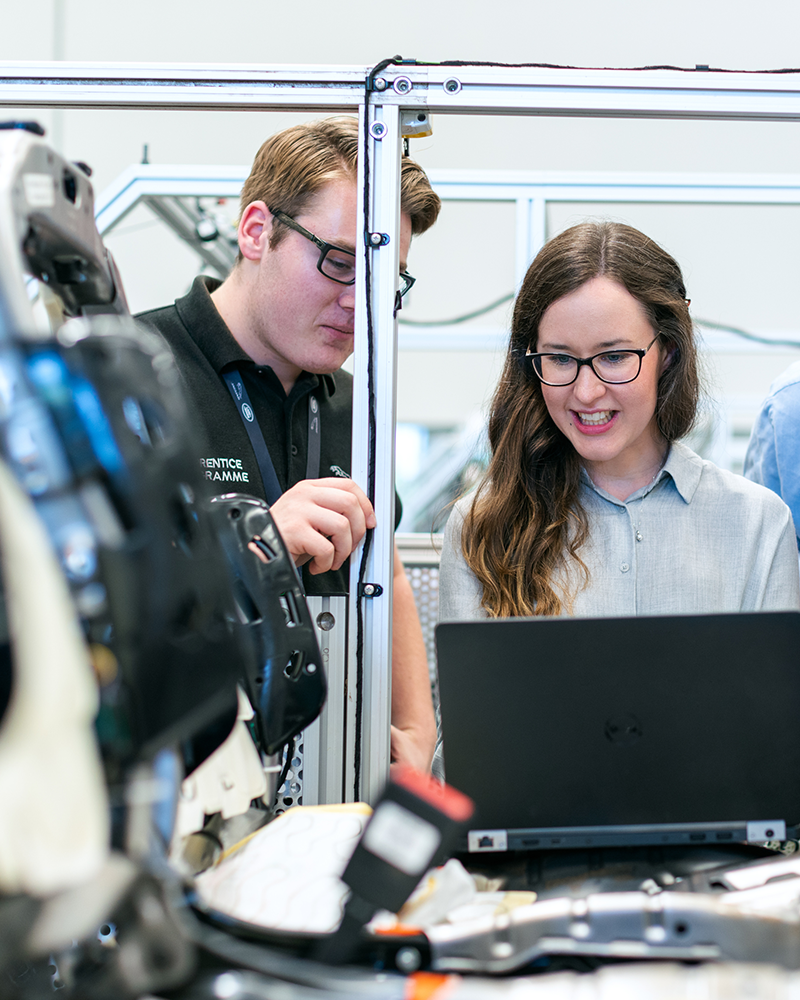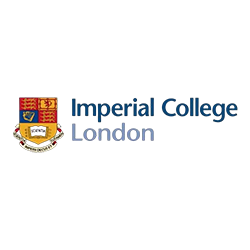Aerospace Engineering
A postgraduate aerospace engineering degree allows students to advance their knowledge of the design, development, and optimisation of aircraft, spacecraft, and related technologies. It provides a rigorous grounding in advanced engineering principles while offering opportunities to specialise in areas such as aerodynamics, propulsion, avionics, aerospace materials, and space systems.
The programme offers the opportunity to study core subjects including computational fluid dynamics, advanced flight mechanics, structural analysis, propulsion systems, and control engineering. Many courses also incorporate laboratory work, design simulations, research projects, and industry collaborations, enabling students to apply theoretical knowledge to practical aerospace challenges.
Why study Postgraduate Degree in Aerospace Engineering?
Studying aerospace engineering at postgraduate level is a chance to combine technical expertise with innovation, preparing graduates to contribute to cutting-edge developments in aviation, space exploration, and defence. Career opportunities span roles in aerospace design, research and development, systems engineering, and project management, with the option to progress into doctoral research or professional engineering accreditation.
Degree Options:
MSc (Master of Science)
1-year taught degree
MEng (Integrated Master’s)
4-year undergraduate + Master’s route
MRes (Master of Research)
Research-intensive with potential PhD progression
Specializations may include Mechanical, Civil, Electrical, Electronic, Chemical, Aerospace, Computer Science, AI, Data Science, and more. These programmes focus on solving real-world challenges using research, simulation, and innovation.
Top Ranking Universities List for Aerospace Engineering
Entry Requirements
Academic Requirements
- Undergraduate degree in aerospace engineering, mechanical engineering, electrical engineering, or a closely related field.
- Typical requirement: UK 2:1 or strong 2:2 equivalent.
- Applicants with degrees in mathematics, physics, or computer science may also be considered if they demonstrate relevant technical background.
- International qualifications must be equivalent to UK standards (assessed via UK ENIC if required).
Work Experience Requirements
- MSc Aerospace Engineering programmes: Work experience is usually not mandatory, making them suitable for recent engineering or science graduates.
- Specialist or applied programmes (e.g., MSc Aerospace Vehicle Design, MSc Aerodynamics, MSc Space
Engineering): Prior professional or research experience in engineering may be beneficial. - Work placements, industrial projects, or internships in aerospace, automotive, or manufacturing can strengthen an application.
English Language Requirements
- IELTS Academic: Overall 6.0–6.5, with no component below 5.5 or 6.0 (depending on the university).
- TOEFL : Overall 85–90 minimum.
- PTE Academic: Score 60–65.
- Exemptions may apply if prior study was completed in English.
Additional Application Documents
- Official academic transcripts and degree certificates (with certified translations if required).
- Personal statement outlining academic interests, research focus, and career ambitions in aerospace engineering.
- CV or résumé highlighting education, technical skills, internships, or relevant projects.
- Two references (academic or professional).
- Proof of English language proficiency (if applicable).
- Some competitive programmes may require evidence of strong mathematical or analytical ability (e.g., transcripts showing advanced mathematics modules).
“Entry requirements may vary by university and subject. For personalized guidance, consult with Htiko Education.”














